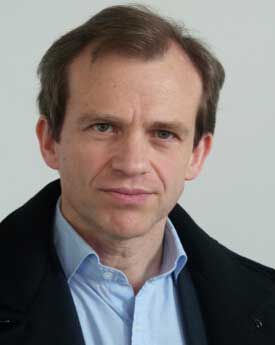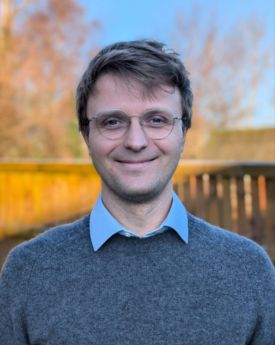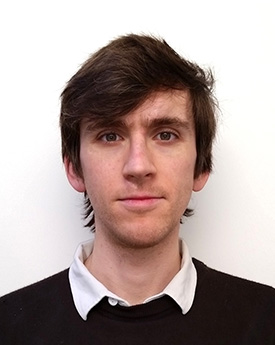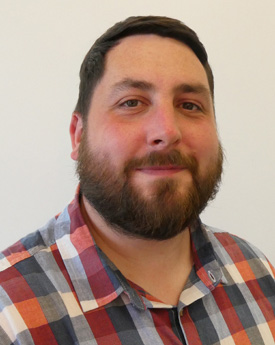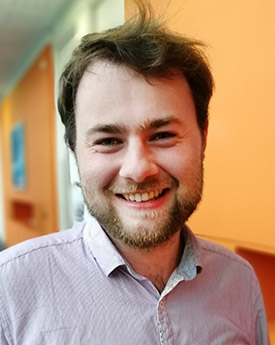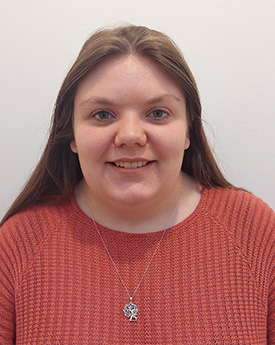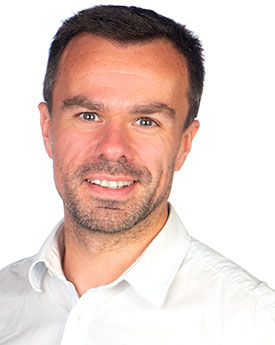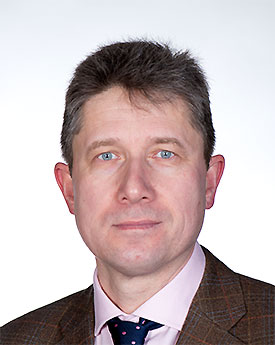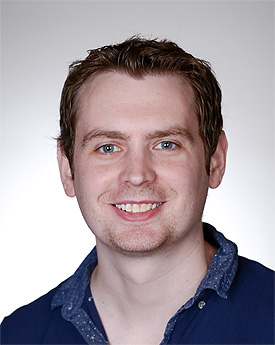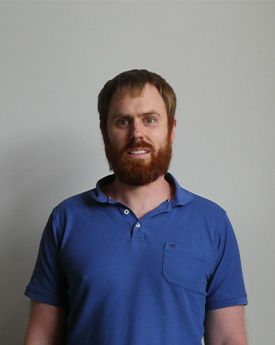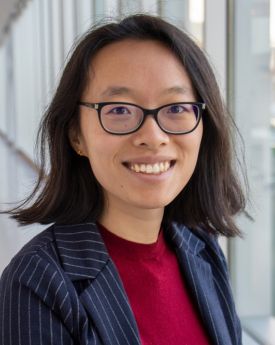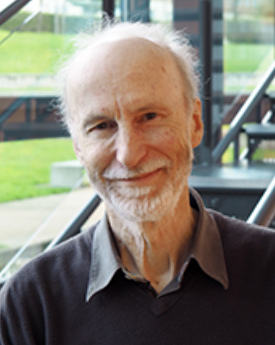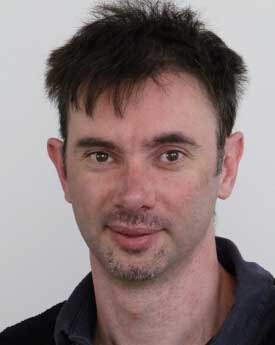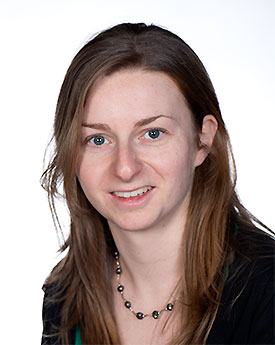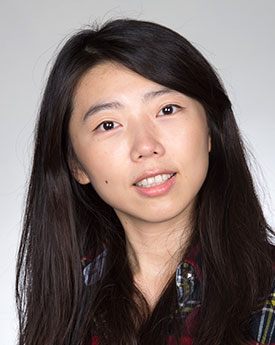Overview
The School of Mathematical Sciences at Lancaster University is inviting applications for fully-funded PhD positions in either Pure Mathematics or Statistics for entry in October. Please see the PhD in Mathematics and PhD in Statistics course pages for details.
Research projects
Any research areas in Pure Mathematics or Statistics that are consistent with those of our staff members are considered and some examples of research topics and potential supervisors in statistics are available.
Entry Requirements
Applicants are expected to have a minimum of an upper-second class honours degree, or its equivalent, in Mathematics, Statistics or related fields. Preferably applicants will, or are expected to, hold a first class degree in MSci/MMath for Mathematics, MSc in Statistics/Data Science, though exceptional BSc students will also be considered.
Funding eligibility
The studentship normally covers full payment of tuition fees at UK/EU level plus a stipend for living expenses. All applicants from UK/EU/international may apply. The funding is offered for 3.5 years of study for UK/EU candidates and 3 years of study for international candidates.
Application process
The deadline for submitting applications for this studentship is 31 January. The guidelines on the application process are found in the How to Apply section. Note that all eligible candidates from the standard PhD applications are automatically considered.
Contact
Those interested are encouraged to contact Dr David Pauksztello (d.pauksztello@lancaster.ac.uk) for applications in pure mathematics, or Dr Lloyd Chapman (l.chapman4@lancaster.ac.uk) for statistics. Please provide your CV and transcripts.
We are now accepting applications from UK fees status students for October 2026 entry. The deadline for applications is 17:00 (GMT) on 31st January 2026
Research Projects
You can see a list of available projects on the Indicative Projects page. Please contact the lead supervisor of the project you are interested in before you apply.
Entry requirements
As a minimum, applicants must have or expect to obtain a first class honours undergraduate degree or 2:1 undergraduate degree with a merit at master’s in a subject with substantial mathematical content (e.g. mathematics, statistics, physics, computer science or engineering).
These studentships are available to UK fees status students only.
Funding
All MARS PhDs are fully funded. For October 2026 entry, funding for the four-year duration includes an enhanced tax-free stipend (£3k more per year than UKRI standard rates), fees and a research, training and support grant (RTSG).
The stipend is approximately £24,403 for 2026, rising to approximately £26,388 in the final year.
How to apply
Once you have spoken with your prospective supervisor, send the following information to mars@lancaster.ac.uk by 17:00 (GMT) on 31st January 2026:
-
A current copy of your CV (no more than two sides of A4 in PDF format).
-
A covering letter (no more than two sides of A4 in PDF format) which should outline:
i) which project you are applying for and confirmation that you have discussed your application with the lead supervisor;
ii) your motivation for undertaking a PhD with MARS.
-
Transcripts and certificates of the degree courses you have studied.
-
Confirmation that you are a UK fees status student.
-
Details of where you saw the opportunity.
Please provide all the requested information as incomplete applications will not be considered.
Contact
For further details or queries please contact mars@lancaster.ac.uk
We are currently seeking a number of PhD researchers in areas of Probability, Statistics and Machine Learning for the £8.5m EPSRC-funded hub on Probabilistic AI (Prob_AI Hub). This is a large-scale, multi-institution project led by Lancaster University and involves the Universities of Bristol, Cambridge, Edinburgh, Manchester and Warwick, with a number of supporting industrial partners.
The vision of the Prob_AI Hub is to develop a world-leading, diverse and UK-wide research programme in probabilistic AI. The hub will develop the next generation of mathematically-rigorous, scalable and uncertainty-aware AI algorithms. This will be achieved through: bringing together world-leading researchers across Applied Mathematics, Computer Science, Probability and Statistics, who engage with a range of non-academic partners; transforming the people pipeline; and producing a culture change within the mathematical sciences more broadly, so that cross-disciplinary mathematics research in AI is the norm.
Ideal PhD candidates should have strong mathematical skills with an undergraduate degree in Mathematics or a related numerical discipline. A background and experience in Mathematics, Statistics, Machine Learning, or closely related fields, with a master’s degree in one of these areas, is highly desirable.
The successful candidate for this position will receive a tax-free studentship stipend of £20,780 per year, along with paid tuition fees, for up to 3.5 years, subject to satisfactory progress. A training budget and funds for attending international conferences will also be provided. Due to tuition fee restrictions, these positions are only available to applicants who are eligible for UK fee status (see https://www.lancaster.ac.uk/study/fees-and-funding/fee-status/ for further details).
The successful candidate will be based in the School of Mathematical Sciences at Lancaster University. Supervision will be provided by one of the Lancaster academics within the Prob_AI Hub and supervisors will be allocated based on the alignment between the PhD project and the student’s research interests. A list of indicative research areas include:
- AI-scale probabilistic reasoning: This could include topics such as scalable Monte Carlo methods; conditional sampling for diffusion-generative models; application of AI-methods within Markov chain Monte Carlo (MCMC) algorithms.
- Mathematical underpinning of generative models: Developing a deeper understanding of generative models and their links to statistical methods such as tempering, conditional simulation of diffusions and sequential Monte Carlo algorithms. Extending generative models to new data types and applications.
- Structure-constrained and informed AI: How can we improve AI methods and models by forcing them to impose known structural information? For example, an AI emulator of a physical system should impose known constraints from physics.
Interested applicants are requested to submit their applications via email to Prof Paul Fearnhead (p.fearnhead@lancaster.ac.uk) or Prof Chris Nemeth (c.nemeth@lancaster.ac.uk). The application should include a CV (including the names and contact details of two referees) and a short cover letter which demonstrates the applicant’s motivation for choosing a PhD project in Probabilistic AI.









